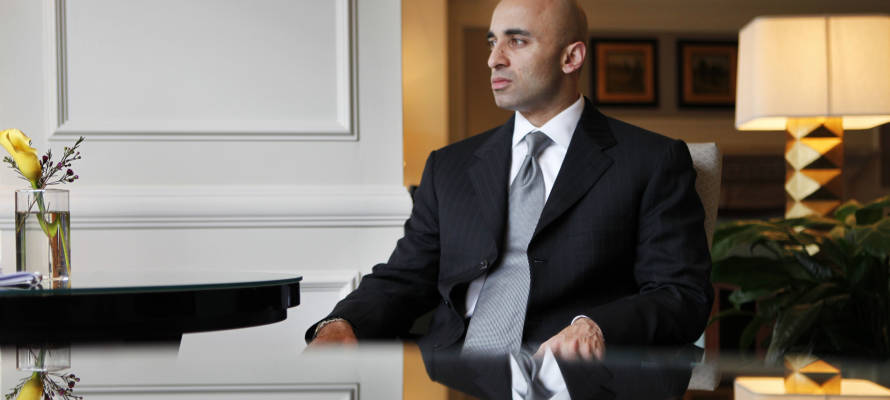On the first anniversary of the announcement of the framework agreement for the nuclear deal between Iran and world powers, a representative of the United Arab Emirates [UAE] bemoaned the Islamic Republic’s continued “posturing and provocations,” and called on the international community to reinstate full sanctions and other measures if Tehran does not stop its “destabilizing behavior in the region.”
In an op-ed in the Wall Street Journal on Sunday, UAE Ambassador to the United States Yousef Al Otaiba wrote that in spite of President Obama’s declaration that the deal would make the world a safer place, “The Iran we have long known — hostile, expansionist, violent — is alive and well, and as dangerous as ever.”
Al Otaiba asserted that this state of affairs is of great concern to the UAE, the Arabian Peninsula nation that, he said, “perhaps… has more to gain from normalized relations with Tehran” than any other country.
“Reducing tensions across the less than 100-mile-wide Arabian Gulf could help restore full trade ties, energy cooperation and cultural exchanges, and start a process to resolve a 45-year territorial dispute,” Al Otaiba explained, referring to contention originally over three islands – Abu Musa, Greater Tunb and Lesser Tunb – and now only regarding the latter two.
He then went on to outline the reasons that this is not possible under the current circumstances, citing Iran’s ballistic-missile tests, “in violation of United Nations Security Council resolutions;” its firing of rockets close to a US aircraft carrier in the Strait of Hormuz; its detaining of American sailors; its negotiations with Russia over the purchase of more than $8 billion in fighter planes; its interference in Yemen, by supporting and arming the Houthi rebellion against the government; its increased attempts to provide explosives to Shiite cells in Bahrain and Saudi Arabia; and its deployment of Hezbollah militias and Revolutionary Guard Corps forces in Syria to back President Bashar Assad.
“These are all clear reminders,” he wrote, “that Iran remains the world’s leading state sponsor of terrorism — a persistent threat not only to the region but to the US as well. ‘Death to America’ has always been more than an ugly catchphrase; it has been Iranian policy.”
Quoting elder statesman Henry Kissinger as having called Iran “either a country or a cause,” Al Otaiba claimed, “Today ‘Iran the cause’ is showing little of the same kind of pragmatism and moderation in its regional policies and behavior as it did in the nuclear talks.”
He concluded: “If the carrots of engagement aren’t working, we must not be afraid to bring back the sticks.” As long as Tehran continues on its current path, he wrote, “[O]ur hope for a new Iran should not cloud the reality that the old Iran is very much still with us — as dangerous and as disruptive as ever.”
By: The Algemeiner
